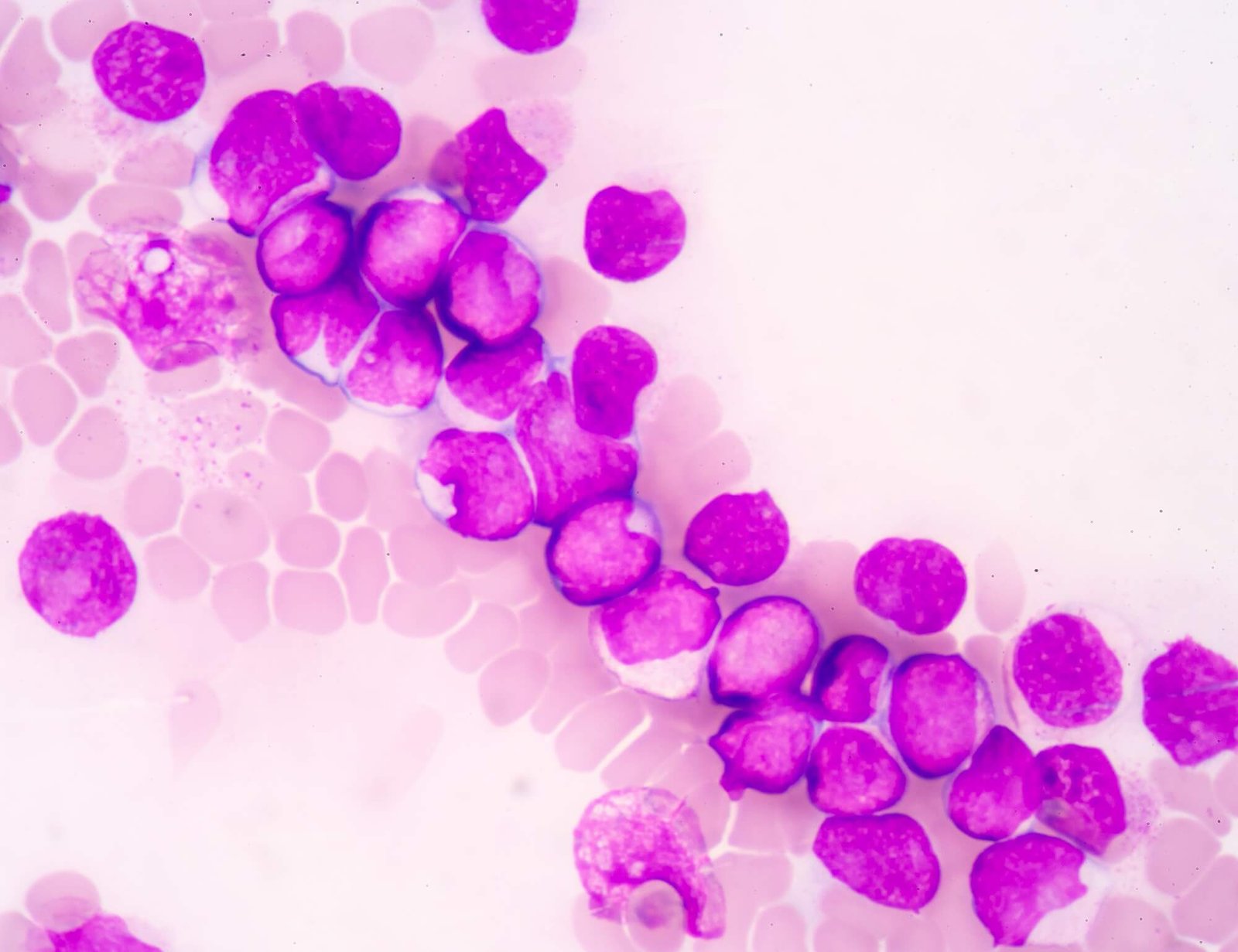
image credit- shutterstock
Researchers at University of Auckland in New Zealand are working on an innovative way to treat an aggressive blood cancer, called acute myeloid leukaemia.
Acute myeloid leukaemia is the most common type of acute leukaemia in adults in New Zealand, affecting around 150 people per year, but current treatments haven't changed much since the 1970s. Acute myeloid leukaemia affects the blood and bone marrow, which is where blood cells are made. It makes the body produce an excessive number of abnormal white blood cells, which interferes with the production of healthy blood cells.
Scientists have found that a small group of cells, called leukaemia stem cells, are a big part of the problem. The current treatments do not specifically target the stem cells but all cells indiscriminately, and that's why they are very toxic and frequently do not lead to cure.
Researchers have found that a specific inhibitor can get rid of leukaemia stem cells in a mouse model of leukaemia, while protecting the healthy stem cells. This means there might be a new way to treat acute myeloid leukaemia that could be more effective and have fewer side effects.
This research project has received funding of $350,000 over three years from Leukaemia & Blood Cancer New Zealand, as part of their longstanding commitment to funding the Leukaemia and Blood Cancer Research Unit.




